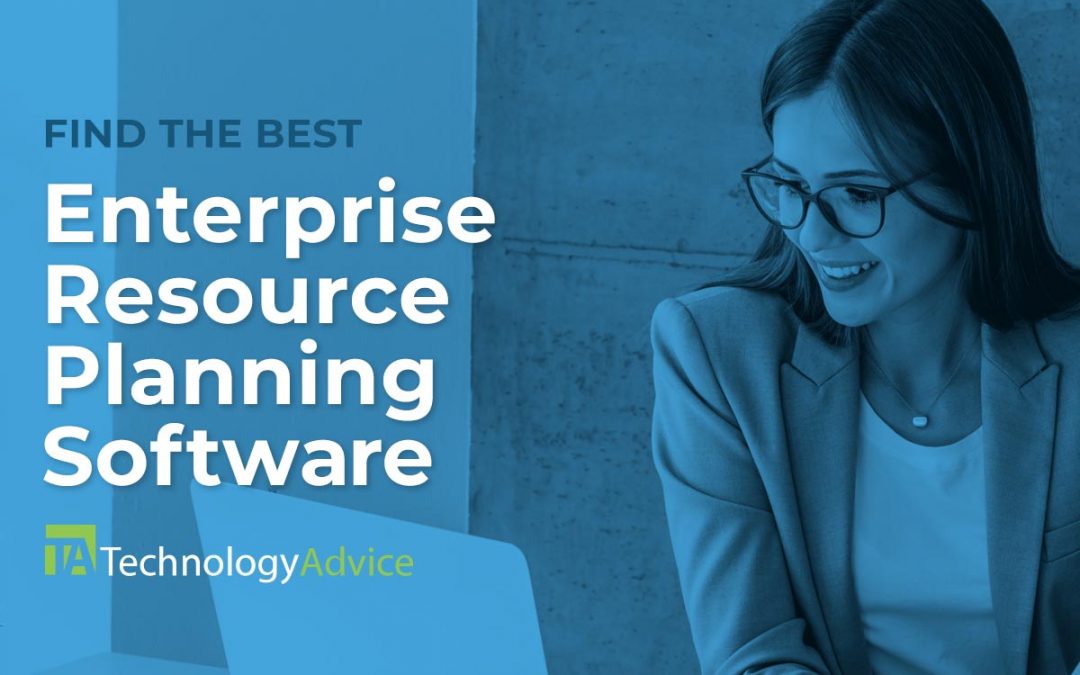Pretty early in my career, we were faced with a dilemma. My colleague wanted someone from his own community with 15 years’ experience for an entry-level job. I anticipated problems and a year down the line we had a big problem on our hands. As anticipated
The person, being overqualified for the job, felt that he was underpaid and
grossly underutilized.
We felt frustrated as here we had a wonderful resource but was being used
inappropriately.
The same dilemma arose when we had to evaluate a new ERP for our organization. Should we buy the best?
The best ERP in the market is not technically the best in the market but one that fits our requirements the best.ERPs are designed to serve a variety of industries, for companies with diverse practices and hence are designed to be configured to a particular use. However, if a company has a very unique need or way of working, it may require customization of ERP to fulfill the needs of the company. The best ERP is the ERP that requires minimum customization, for not only customization is expensive, but it also comes with the risk of failure in implementation and costly upgrades.
So the best way to go for ERP is not to go looking for the best ERP in the market but start with documenting our business systems especially the data and information requirements.
Some of the business needs are
1. Workflows, material flow and related business systems that the organization cannot
compromise with
2. MIS reports needed
3. Integration with other software(s) already being used in the organization
4. Roles and responsibilities of people as it will determine the access rights (what the person would be allowed to do within ERP).
People implement ERPs to improve their business performances so business processes should lead the choice of ERP and its implementation rather than the other way around.

